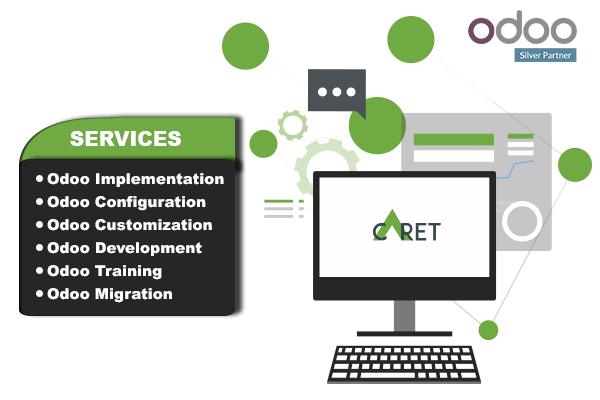The pharmaceutical distribution industry is a highly regulated and complex environment with unique challenges that require specific solutions. In order to stay competitive and compliant, it is crucial for healthcare suppliers, wholesalers, and distributors to invest in a robust and efficient Pharma Wholesale & Distribution ERP System.
One of the most important factors to consider when choosing an ERP system is its features. Here are the top features to look for in a Pharma Wholesale & Distribution ERP Software:
- Lot Traceability: The system should be able to trace each product lot from its origin to its destination, enabling efficient recalls if necessary.
- Barcode Tracking System: The ERP system should be able to track and trace each product using barcode technology, providing real-time information on inventory levels, expiration dates, and lot numbers.
- Route Optimization with Google Maps: The ERP system should be able to optimize the delivery routes using Google Maps, reducing transportation costs and time, improving delivery accuracy, and increasing customer satisfaction.
- Credit Limit Management: The ERP system should provide an effective credit limit management system, enabling pharma distributors to manage customer credit limits, set credit limits, and monitor overdue payments to ensure a healthy cash flow.
- Compliance with Regulatory Standards: The system should meet all the regulatory standards of the healthcare industry such as FDA, GMP, and HIPAA.
- Inventory Management: The system should be capable of tracking inventory levels in real-time and generate automated alerts when stock levels reach pre-defined thresholds.
- Order Management: The system should have the capability to process orders, manage order status, and provide real-time visibility into order tracking.
- Supply Chain Management: The ERP system should provide complete visibility into the supply chain, enabling pharma distributors to track shipments, monitor supplier performance, and manage relationships with suppliers effectively.
- Warehouse Management: The ERP system should provide efficient warehouse management capabilities, enabling pharma distributors to manage receiving, put-away, picking, and shipping operations, reducing costs and improving accuracy.
- Business Intelligence: The ERP system should provide real-time analytics and reporting capabilities, enabling pharma distributors to make informed decisions, track performance, and identify opportunities for improvement.
- Automated Reporting: The system should be able to generate automated reports to provide insight into business performance, sales trends, and inventory levels.
- Integration: The system should be able to integrate with other key systems such as warehouse management, accounting, and customer relationship management (CRM) systems.
- Scalability: The system should be able to grow with the business and support additional users, products, and locations.
-
Mobile Access: The system should be accessible on mobile devices, enabling remote access to the system and increasing flexibility.
Conclusion
A Pharmaceuticals Wholesale & Distribution ERP system is an essential tool for healthcare suppliers, wholesalers, and distributors to manage their business efficiently and stay compliant with regulatory standards.
By selecting the right ERP system with the features listed above, businesses can improve their operational efficiency, enhance their customer service, and increase their profitability, and we have got you covered.

